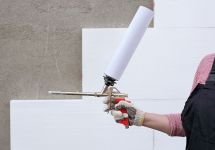Essential tools and materials to insulate a house
Polystyrene or mineral wool is not enough. To insulate a building properly, additional materials and tools are also required. What?
Thermo-modernization is not only about renovating a building, but also reducing bills in the heating season - energy losses can be reduced considerably, while increasing the comfort of the apartment. It’s not surprising that more and more Poles are choosing to insulate their buildings - just behind Turkey, Poland has the second place in Europe. What are the necessary materials (additional) and tools - polystyrene and mineral wool is not enough.
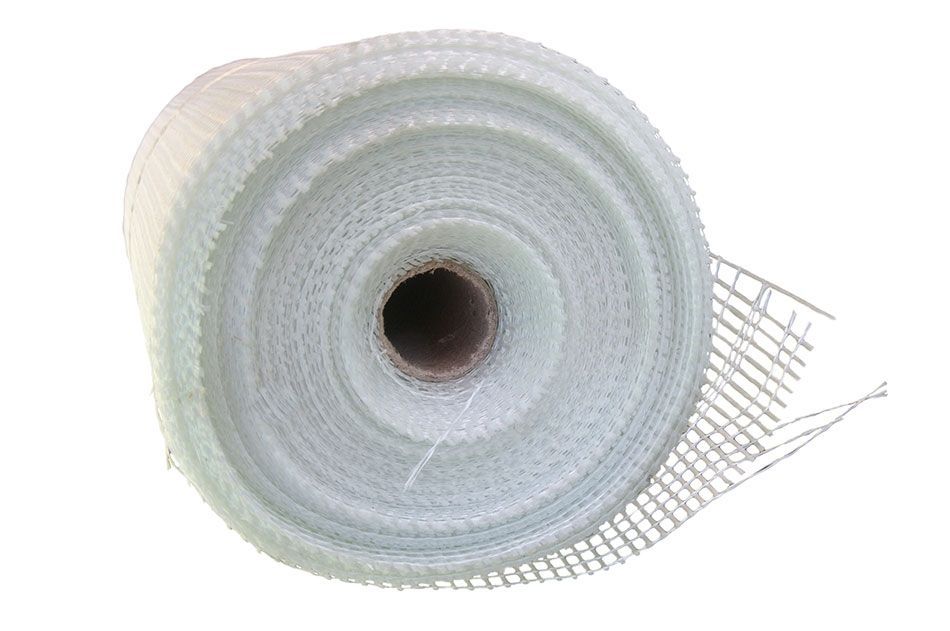
Materials necessary for house insulation
A full insulation system consists of a few elements. It is comprised of: adhesive, thermo-insulating material (polystyrene or mineral wool), anchors, adhesive for mesh, reinforcing fibreglass mesh, primer, mosaic plaster, exterior plaster (render: silicone, silicate, silicone and silicate, polymer, acrylic, mineral and facade paint). Each one plays a different role. What?
* Adhesive for polystyreneAdhesive for polystyrene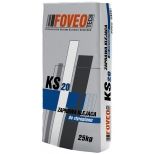 KS 20 Polystyrene Adhesive See more and mechanical installation, i.e. anchors. They have a decisive influence on the overall strength of the system as well as its durability.
KS 20 Polystyrene Adhesive See more and mechanical installation, i.e. anchors. They have a decisive influence on the overall strength of the system as well as its durability.
* Reinforcing layer, i.e. adhesive with fibreglass meshfibreglass mesh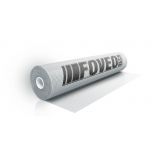 SW 165 Fibreglass MeshSee more - its main purpose is to reinforce the insulation.
SW 165 Fibreglass MeshSee more - its main purpose is to reinforce the insulation.
* Undercoat prior to plasters - their purpose is to prepare the substrate prior to further finishing works.
* Plasters (renders) - it’s not only about aesthetic values but ensuring protection for walls against impact of unfavourable weather conditions, including UV radiation. Similar function is also provided by primers prior to facade paints and the paints themselves (to be applied only on mineral plaster).
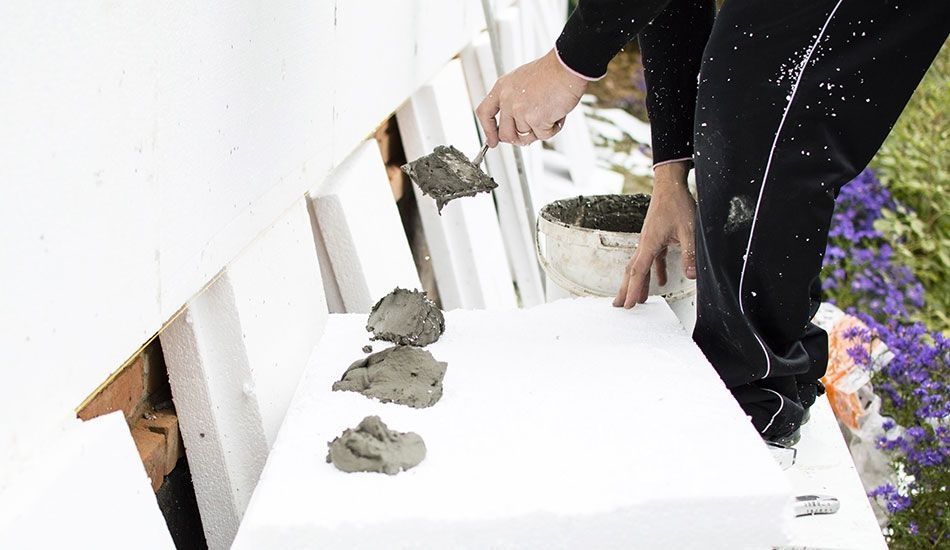
Other curiosity? Thermal insulation, apart from its obvious insulation function, can also act as a fire barrier - correctly performed Foveo-Tech S system based on polystyrene, prevents the insulation surface from fire penetration and damage. In the event of fire, the system efficiently prevents it from spreading.
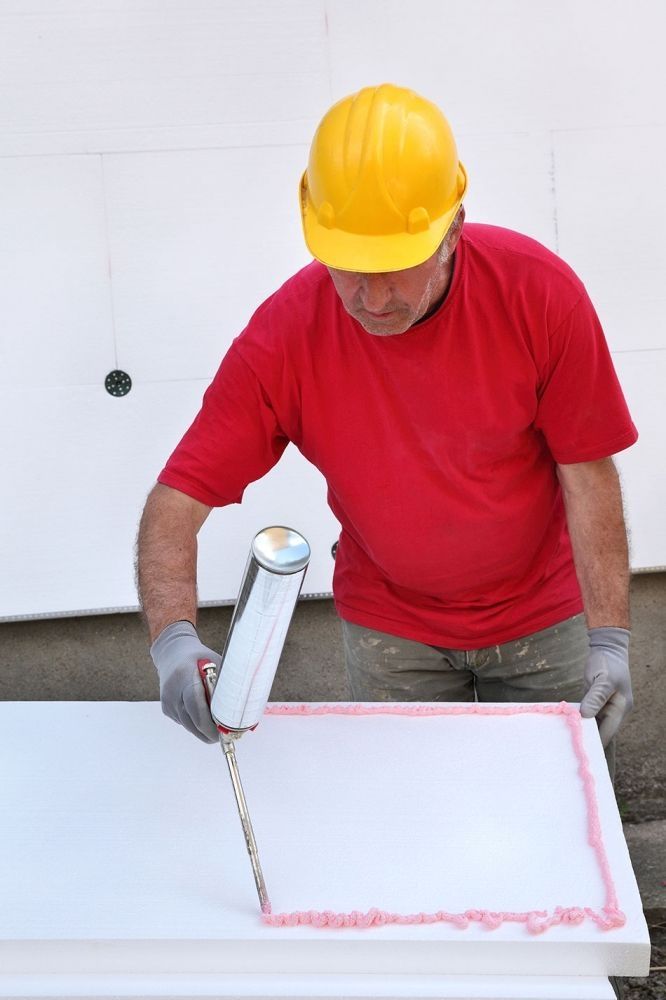
Tools and accessories for insulation systems
While performing insulation it’s also essential: starting tracks (preventing pests), protective corners (reinforcing house corners), low expansion polyurethane foam (to fill gaps), a level, a trowel (flat or/and notched), driller (with agitator), a large container, protective film, sandpaper, tapes, a hammer, a sharp knife, scaffolding and protective meshes. Each of the accessories presented above can efficiently facilitate application and cleaning after its completion.
A house insulation is not an easy task and it’s better to hire a professional team. All the more that prior to work commencement it is necessary to prepare a technical design of the building insulation, which will take into account, for example, the thickness of polystyrene boards and the arrangement of mechanical anchors. Their number depends on the material, the walls and insulation are made of, but also the conditions of the substrate and the body size. Thus it’s worth taking advantage of services of a qualified designer.
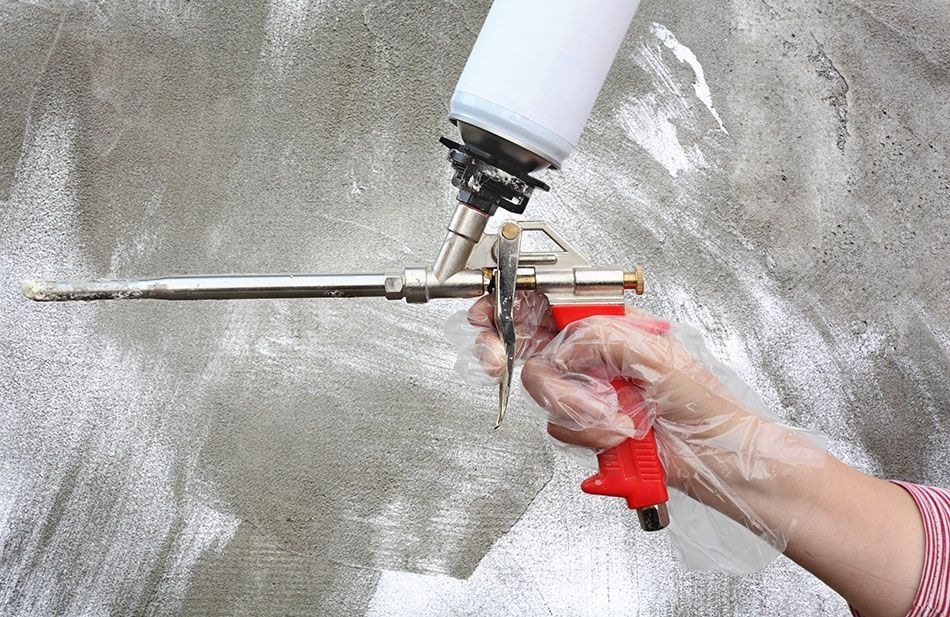
It this is not feasible, expert’s advice might be handy or free of charge software available at the manufacturer’s website (it can calculate in a friendly and intuitive way the necessary thickness of the insulation material and its required properties) and detailed guidelines (including an insulation manual). We must also take into account the regulation of the Minister of Infrastructure on technical conditions which the buildings and their location must meet. That’s all about technical aspects.
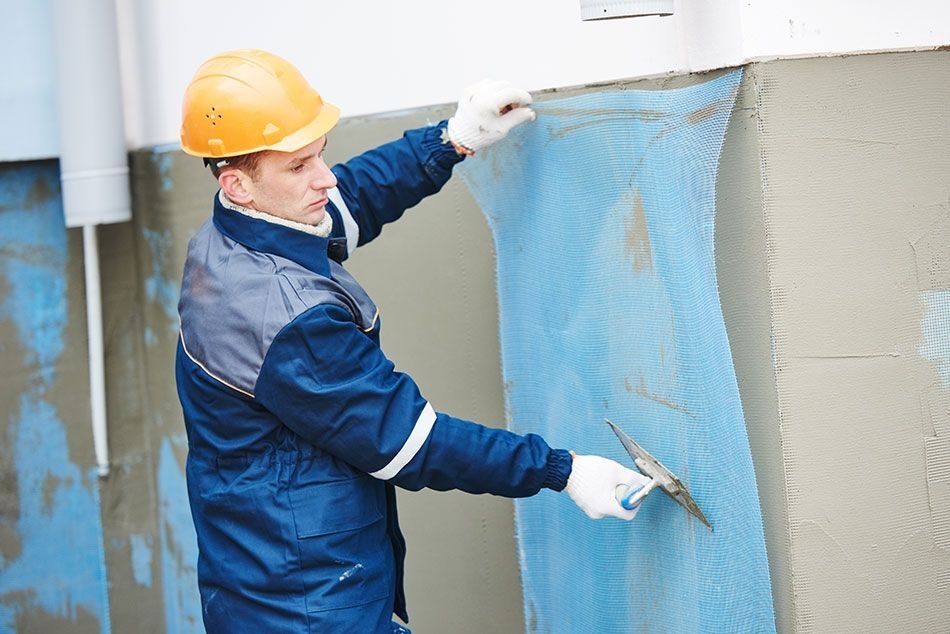
What if we would like to know earlier what our house will look like in the end? It’s worth taking advantage of the online colour chart and FOVEO TECH facade configurator. The configurator allows us to upload our photos and test any colours (e.g. on walls and plinths).
